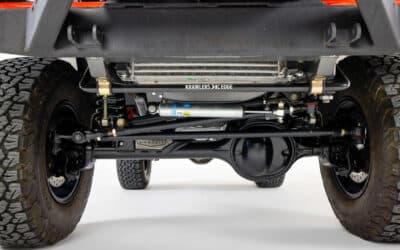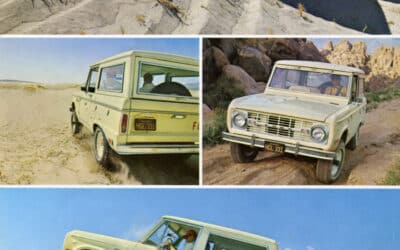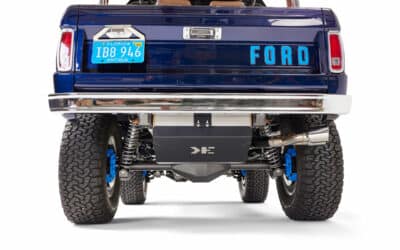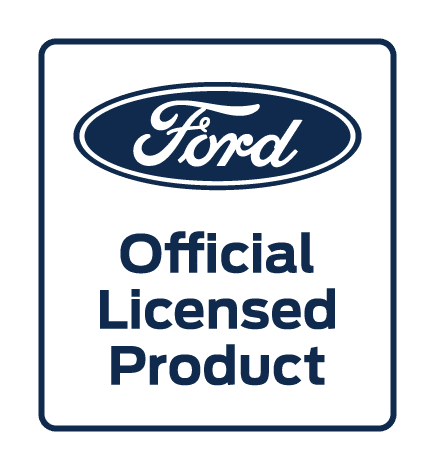The Early Bronco has always been a symbol of adventure and rugged terrain. With Kincer Chassis at the helm of innovation, we’re introducing the option to embark on a new journey with the R2.8 Cummins Turbo Diesel engine. This transformation gives you more power, efficiency, and reliability, all wrapped up in the classic Bronco’s timeless charm.
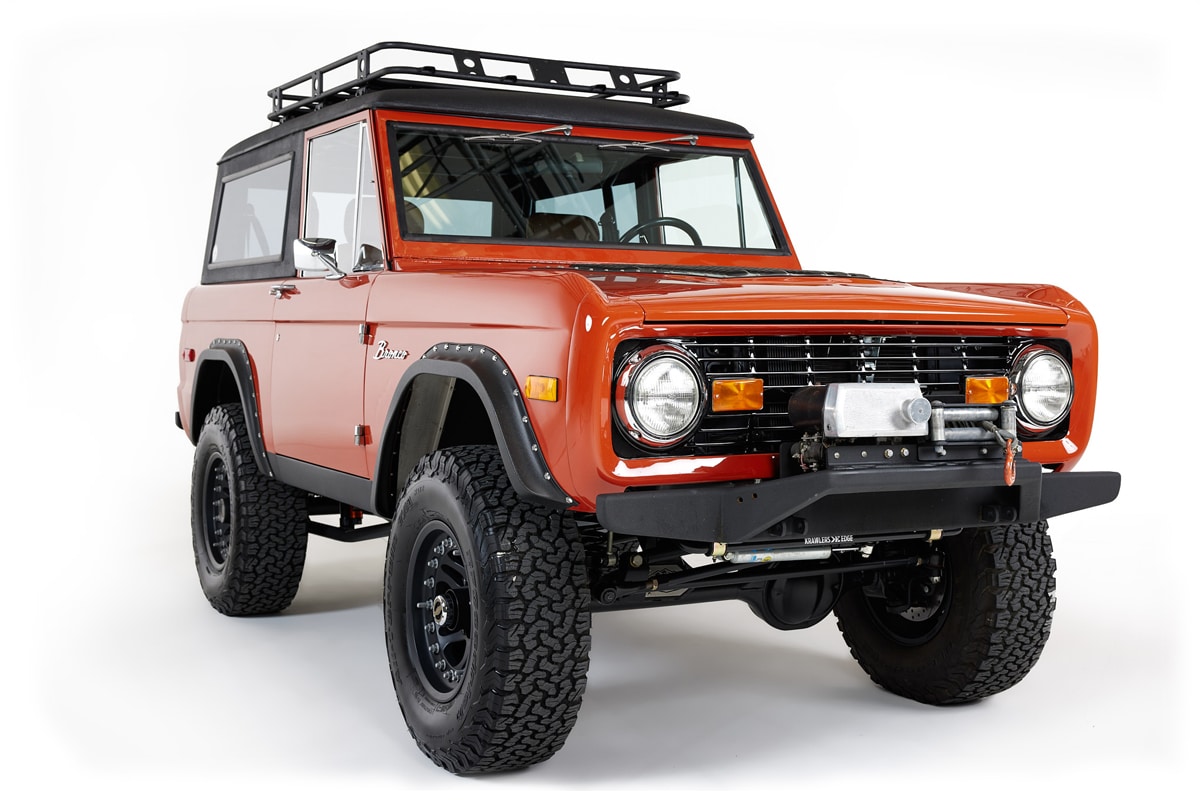
A Journey Never Taken: Diesel Ford Bronco
Did Ford Ever Make a Diesel Bronco?
No, Ford never manufactured a diesel version of the Bronco. But with Kincer Chassis, this unexplored frontier is now accessible to every Bronco lover. We have leveraged our expertise in powertrain integration to develop a complete package that lets you experience the Bronco like never before. We’re making it easy too.
Diesel Engine Swap: 3 Essential Tips on Making The Swap
A diesel engine swap isn’t just about replacing the engine. It’s a holistic transformation that requires expert attention and quality components:
- Engine Selection: Our choice of the R2.8 Cummins Turbo Diesel engine brings power and efficiency that complements the Bronco’s spirit.
- Chassis Compatibility: Kincer Chassis offers all necessary parts, including engine mounts, cooling system, and exhaust components, ensuring seamless integration with your Classic Bronco Chassis.
- Professional Guidance: Our experts are here to guide you through every step of the installation process, whether you choose to do it yourself or prefer professional installation.
Bo, the orange Bronco you see below has an interesting story of coming back to life after being in an accident.
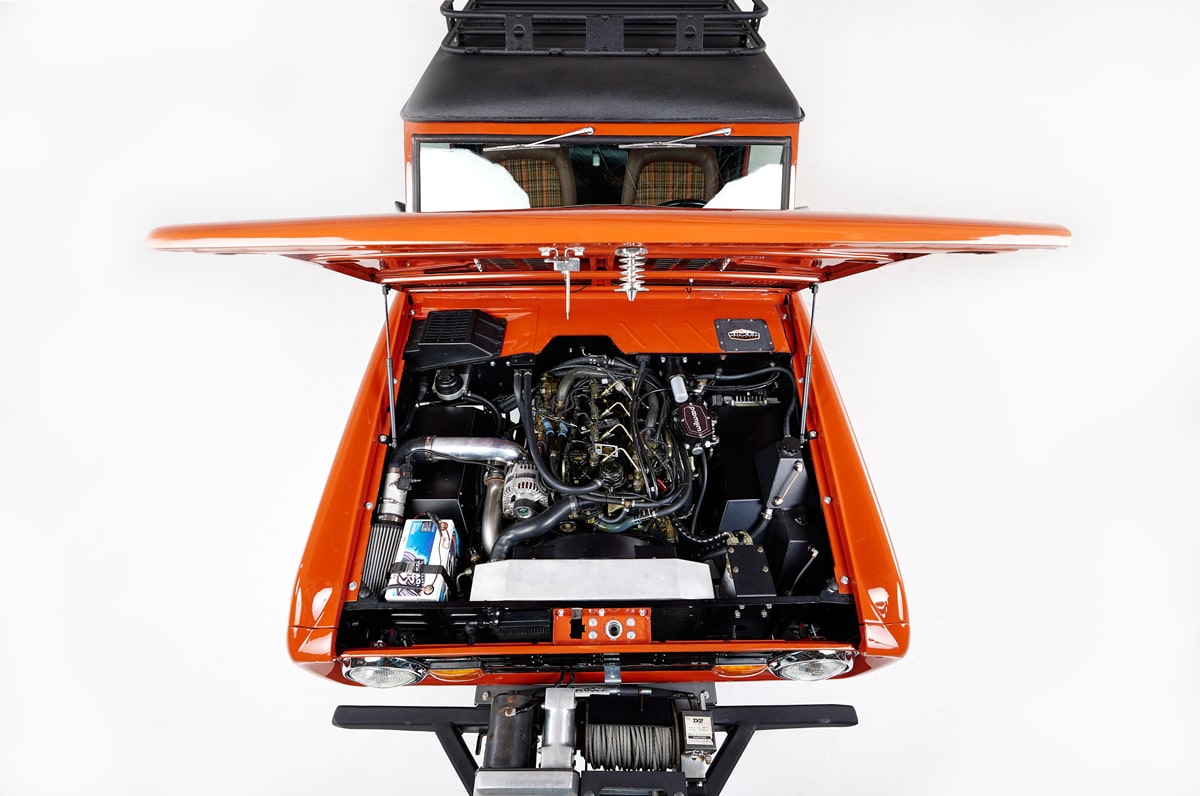
Power and Performance: The Diesel Advantage
Why Diesel Fuel Over Gasoline?
Diesel engines excel in several areas:
- Torque: Diesel engines are renowned for their torque, especially at low RPMs. The R2.8 Cummins Turbo Diesel provides exceptional towing and off-road performance.
- Fuel Efficiency: Diesel burns more efficiently, translating to better mileage, making your adventures more economical.
- Reliability: Simplicity in design and robust construction means diesel engines often outlast their gasoline counterparts.
The Driving Feel
With a diesel engine, your Bronco will feel transformed:
- Immediate Response: Increased torque at lower RPMs will make your Bronco feel more agile and responsive.
- Economic Cruising: Longer journeys become more cost-effective, thanks to improved fuel efficiency.
- Unique Sound: The diesel engine’s distinctive sound enhances the Bronco’s rugged appeal.
The Impact: Resale Value and Market Dynamics
A diesel engine swap can have several effects on the resale value:
- Appreciation: For the right buyer, a professionally swapped diesel Bronco is a prized possession.
- Specialized Appeal: The diesel Bronco may attract a niche market interested in performance, efficiency, and longevity.
- Quality Matters: A well-executed swap using Kincer Chassis components ensures the best potential resale value.

What’s the Fuel Economy? How many MPG can I expect with a diesel Bronco?
Miles per gallon (MPG) for a diesel engine swap in an Early Bronco can vary widely based on a number of factors. It’s good to note that fuel efficiency can be influenced by the specific engine model, vehicle weight, driving conditions, tire size, aerodynamics, driving habits, and more.
With the R2.8 Cummins Turbo Diesel engine, a common choice for such a swap, you can expect close to the following:
On-Road Driving
- City Driving: Depending on the specific setup, tuning, and driving conditions, you may see somewhere in the range of 22-25 MPG in city driving.
- Highway Driving: On the highway, where diesel engines often excel in efficiency, you may see around 25-28 MPG, again depending on many variables.
Off-Road Driving
- Off-road conditions can be more demanding, and fuel efficiency might decrease. Expect the MPG to vary greatly depending on terrain, incline, driving techniques, etc.
Combined
- A combined MPG rating would be an average based on your particular mix of city, highway, and off-road driving. It could be in the 18-28 MPG range, given the factors mentioned earlier.
Keep in mind real-world numbers can be different.
Common Concerns: Diesel Myths Debunked
How Does a Diesel Engine Work?
Unlike gasoline engines, diesel engines use compression to heat the air in the combustion chamber, igniting the fuel. This fundamental difference accounts for the higher efficiency and torque in diesel engines.
Here’s a more in-depth answer if you want to dive a little deeper.
1. Intake Stroke
Air Induction: Unlike gasoline engines that mix fuel and air in the intake stroke, a diesel engine only takes in air. The intake valve opens, allowing fresh air to enter the cylinder as the piston moves downward.
2. Compression Stroke
Air Compression: The intake valve closes, and the piston moves upward, compressing the air in the cylinder. Diesel engines have a higher compression ratio compared to gasoline engines, usually around 14:1 to 25:1.
Temperature Increase: Compressing the air heats it significantly, typically to temperatures above 540°C (1000°F). This high temperature is vital, as diesel engines do not use spark plugs to ignite the fuel.
3. Combustion Stroke
Fuel Injection: A precisely controlled amount of diesel fuel is injected into the hot compressed air. Diesel fuel has a lower autoignition temperature compared to air’s compression temperature, so it ignites spontaneously.
Combustion: The fuel-air mixture burns, expanding rapidly and driving the piston downward. This expansion generates the power that turns the engine’s crankshaft, translating into motion.
Controlled Burn: The rate of fuel injection is controlled to ensure a smooth, controlled burn. This control contributes to the diesel engine’s higher torque and efficiency.
4. Exhaust Stroke
Exhaust Removal: The exhaust valve opens, and the piston moves upward, pushing the burnt gases out of the cylinder and into the exhaust system.
Cycle Repeat: The exhaust valve closes, the intake valve opens, and the cycle begins again.
Additional Features
Turbocharging: Many modern diesel engines, like the R2.8 Cummins Turbo Diesel offered by Kincer Chassis, use a turbocharger. It utilizes exhaust gases to drive a turbine, compressing more air into the cylinders. This increases efficiency and power output.
Direct Fuel Injection: Diesel engines typically use direct injection where fuel is injected directly into the combustion chamber, allowing better control over the combustion process.
Emission Controls: Diesel engines have specific technologies like Diesel Particulate Filters (DPF) and Selective Catalytic Reduction (SCR) to reduce emissions and meet environmental regulations.
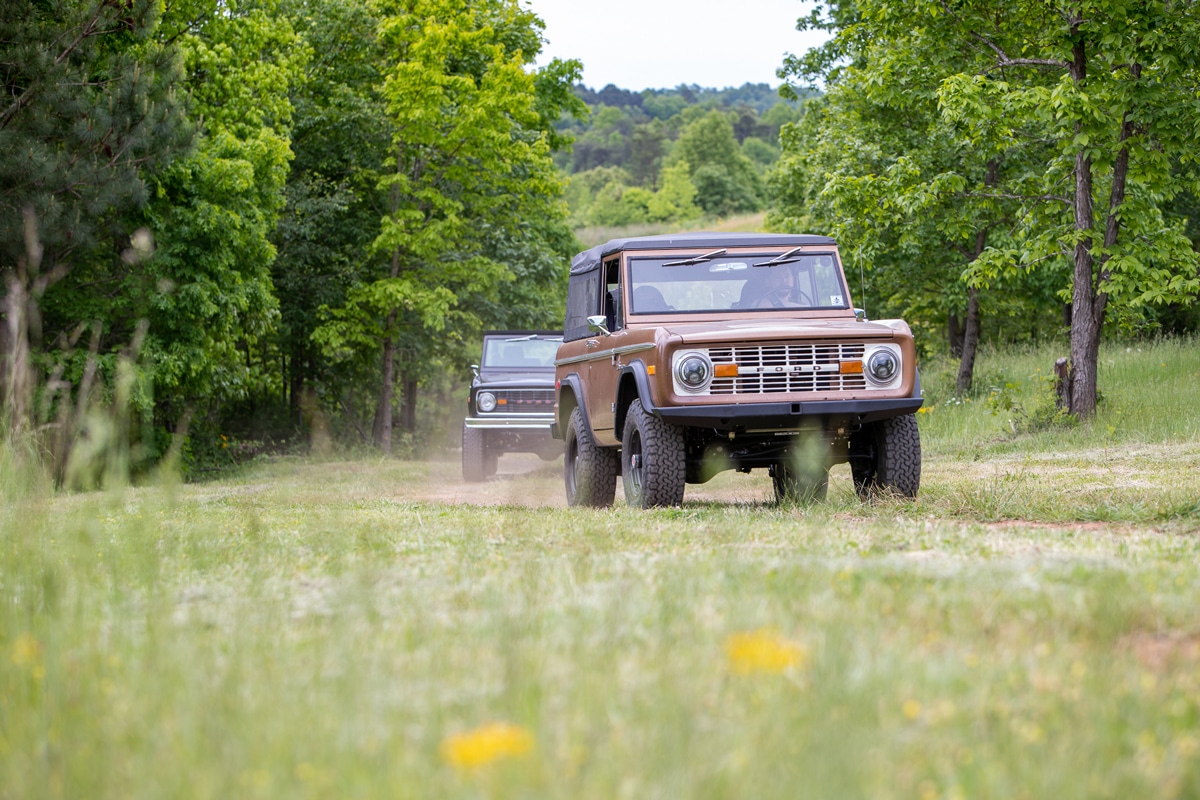
What Happens if You Put Diesel in a Gas Engine?
This mistake can cause clogging and even engine failure. Diesel does not evaporate or ignite like gasoline, so it can’t work in a gasoline engine.
What Happens if You Put Gasoline in a Diesel Engine?
When gasoline is introduced into a diesel engine, it disrupts the normal combustion process. Since gasoline has a lower flash point, it can ignite prematurely, leading to a phenomenon known as knocking or detonation. This can cause significant damage to the engine’s pistons, cylinders, and valves.
Moreover, diesel acts as a lubricant for the fuel pump and injectors in a diesel engine. Gasoline, being a solvent, removes this lubrication, leading to increased friction and potential wear and tear.
What To Do If You Misfuel Your Diesel Engine
If you accidentally fill your diesel tank with gasoline, do not start the engine. Starting the vehicle will circulate the wrong fuel through the system, leading to more extensive damage. Arrange for a professional service to drain the tank and flush the fuel system.
Gas or Diesel Engine – What Gives More Torque?
Diesel engines are renowned for their high torque, especially at lower RPMs. If pulling power and grunt are what you need, diesel is the way to go. The R2.8 Cummins Turbo Diesel in particular brings remarkable torque, enhancing your off-roading experience.
Are Diesel Engines More Reliable?
Diesel engines are often considered more reliable due to their robust construction and simpler ignition system. With regular maintenance, they tend to have a longer lifespan.
Conclusion
Kincer Chassis is your one-stop destination for all things Ford Bronco. With our expertise, quality components, and continuous support, a diesel Ford Bronco is no longer a distant dream but a tangible reality. We offer all of the components to install an R2.8 in your Early Bronco!
Let’s redefine your off-road experience with a diesel option for your Bronco. Contact us for more information, and let’s start this exciting adventure together!

